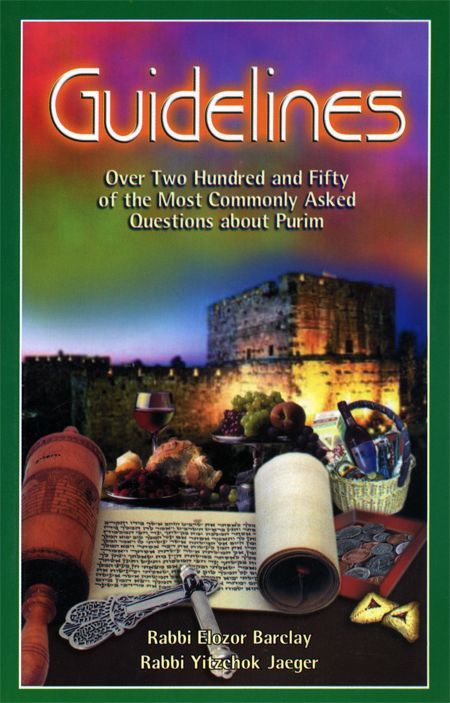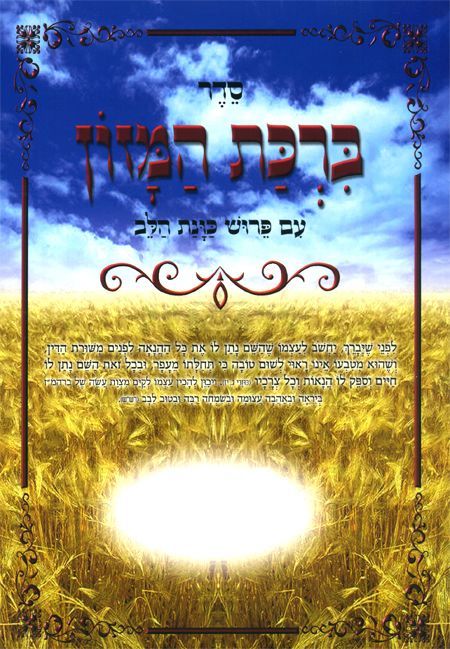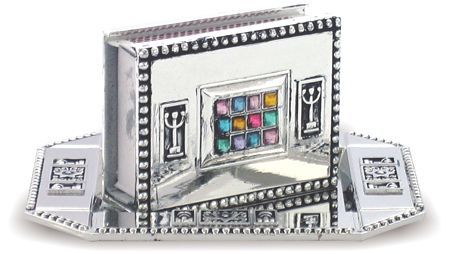
Vayigash: Hitbodedut – Personal Prayer
Our holy forefathers found four distinct advantages of being shepherds: First, tending sheep is a relatively easy vocation...

"And the men are shepherds, for they've always been herdsmen" (Bereishit 46:32).
Yosef (Joseph), when describing his brothers to Pharaoh, tells him that they are "shepherds, for they've always been herdsmen." This passage seems redundant indeed, for if we know that the sons of Yaakov (Jacob) are shepherds, why must we also learn that they're herdsman as well; isn't one term synonymous to the other? Also, why did so many of our most important ancestors and national leaders – Avraham (Abraham), Yitzchak (Isaac), Yaakov (Jacob), Yaakov's sons, Moshe (Moses), Shmuel HaNavi (Samuel the Prophet), and Dovid HaMelech (King David) – choose to be shepherds?
Our holy forefathers found four distinct advantages of being shepherds: First, tending sheep is a relatively easy vocation that doesn't occupy a person's thought process; therefore, one can tend flocks and simultaneously think about other loftier endeavors. Second, sheep are profitable in that they yield wool, milk, and offspring; if the sheep graze on open land, then the flock owner has virtually no overhead. Third, one who tends flocks spends most of his time far away from other people, and therefore avoids committing a large list of transgressions including slander, gossip, swindling, and forbidden sights, just to name a few. Fourth, this vocation helped our forefathers to maintain their holiness by guarding them from assimilating with their Egyptian hosts, since shepherding was an anathema to the ancient Egyptians.
The Torah informs us that the sons of Yaakov were not merely shepherds, but herdsman as well. The term is certainly not redundant in that it clarifies an important fact: Our forefathers were not merely simple shepherd boys, hired hands that worked for a pittance because they weren't capable of doing anything else. They were herdsmen; in other words, they owned the flocks. They enjoyed an abundance of intellect, ability, talent, and money. They could have done anything they wanted, yet they chose to be shepherds. As such, the Torah must tell us that they were both shepherds and herdsmen – shepherds despite the fact that they were wealthy herdsmen that owned the flocks.
The life of solitude as shepherds in the wilderness enabled our forefathers to pursue their favorite pastime – hitbodedut, personal prayer in seclusion. Rebbe Nachman of Breslev writes, "Hitbodedut is the greatest endeavor that surpasses all other endeavors…the most famous tzaddikim told that they attained their lofty spiritual level from extensive personal prayer in seclusion" (Likutei Moharan II:25). Elsewhere, Rebbe Nachman of Breslov teaches, "When a person prays in the field, every blade of grass joins in his prayer, and helps him, and gives power to his prayer" (Likutei Moharan II:11).
Jewish esoteric thought teaches that every creation – mineral, plant, animal, and of course, human – has a spiritual life force that we call "soul." Personal prayer, especially in the field, harnesses all of creation, since all creatures seize the opportunity of latching on to the prayer of a higher order, for it facilitates their own soul correction. Therefore, the creations create a beautiful background symphony for the lucky human that prays in their midst. Such exquisite prayer ascends straight to the Heavenly Throne. Our forefathers and sages therefore spent as much time in hitbodedut as they possibly could.
When we speak to Hashem in hitbodedut, we emulate our holy ancestors. As a result, Hashem is more than happy to listen to His beloved sons and daughters that come to Him in personal prayer.
One may wonder – if personal prayer is so wonderful, why isn't everyone speaking to Hashem for at least an hour a day? Most people claim that they don't have the time to set aside every day to speak to Hashem in personal prayer. With Hashem's loving guidance, the following parable shows just how silly that claim is:
The King's Interior Minister decided to take a walk along the river in order to vent the stress of a demanding day. The late afternoon breeze and the sunlight on the gently-flowing water soothed his soul. Alone with the birds, the elegant willows, and the deep blue sky, he felt a sensation of indescribable inner peace.
Suddenly, a disturbing site disrupted the Minister's reverie – some hundred meters away, a destitute figure sat by the riverbank, alternately moaning and wailing. His clothes were torn, his hair and beard were greasy and unkempt, and he was grossly underweight. "Who knows when this miserable soul had its last bath or meal?" the Minister thought to himself.
The closer the Minister approached the poor soul, the more something seemed terribly awry; the destitute figure was strikingly remindful of the King's missing son, who had inexplicably left the palace several years previously.
The Minister approached the miserable young lad and exclaimed, "Aren't you the King's son?"
The lad stopped his moaning, looked over his shoulder nonchalantly, and replied, "Yes!"
The Minister probed, "Why do you look so terrible? Why haven't you eaten or bathed? Your father, the King, is the richest man on earth who can provide all your needs at the snap of his royal finger. Why don't you talk to him and ask him for what you need?"
"I don't have time…," replied the senseless prince, who then returned to his moaning and wailing.
* * *
Our forefathers knew that by speaking with Hashem, our Father the King, they could attain all their needs, both spiritual and material. Rebbe Nachman of Breslov teaches that when we follow in their footsteps, we too can attain all our needs.
So many people, like the disheveled prince, moan and wail when all they have to do is request what they need from their Father the King. Hitbodedut is not only our sign of royalty; it is one of the greatest gifts Hashem could bestow on us, His beloved children; may He redeem us soon, Amen.












Tell us what you think!
Thank you for your comment!
It will be published after approval by the Editor.